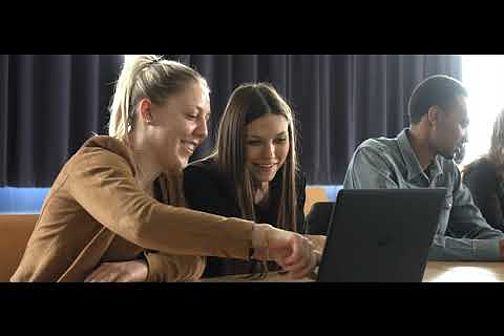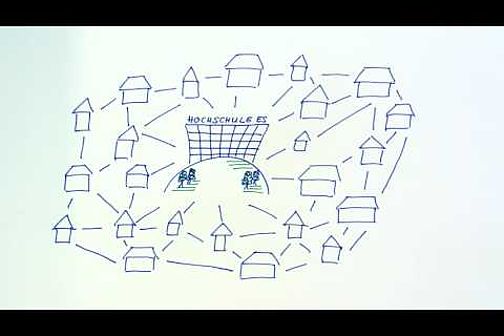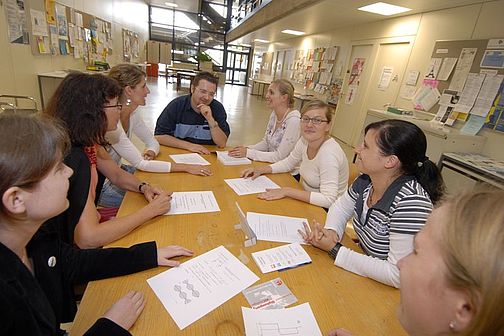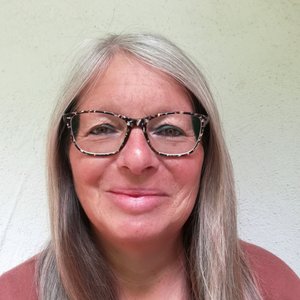General Information
“What happens at the beginning is what counts” and “We need the best for the youngest”: these statements taken from Swedish education policy are the guiding principles of the “Early Childhood Education” degree programme at Esslingen University of Applied Sciences. Their aim is to enhance the quality of the education and learning provided in facilities for children from 0 to 10 years in accordance with societal, educational and social policy.
Programme objectives
The programme qualifies its graduates to work with children from 0-10 years and their families. They acquire the skills necessary to conceptualise, implement, evaluate and further develop the education, learning and supervision of children in institutions on the basis of scientific principles.
The programme is characterised by its social-educational orientation and its overarching perspective of being sensitive to diversity. The diversity skills required are gained through the study of interdisciplinary subjects. Their content is based on categories of social disparity and they aim to develop this field further from the perspective of inclusion.
The programme has two specialisations:
- Education and care of children & education partnership with parents
- Management and social care management
This full-time degree programme awards 210 Credits (workload 750 hrs per semester).
On successful completion of the programme, graduates are awarded a Bachelor of Arts (B.A.) in Early Childhood Education. On graduation, you are entitled to use the professional title “Staatlich anerkannte Kindheitspädagogin” or “Staatlich anerkannter Kindheitspädagoge” (state-certified early childhood teacher).
Virtual campus tour - “Let’s take a look!”
Interview with a professor about the degreee programme





